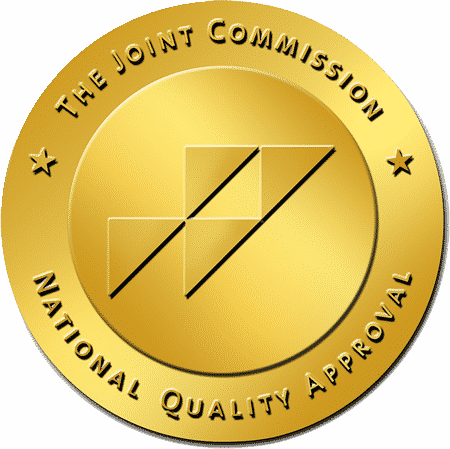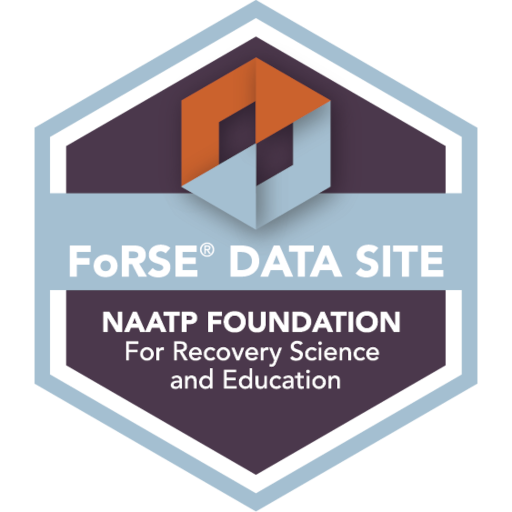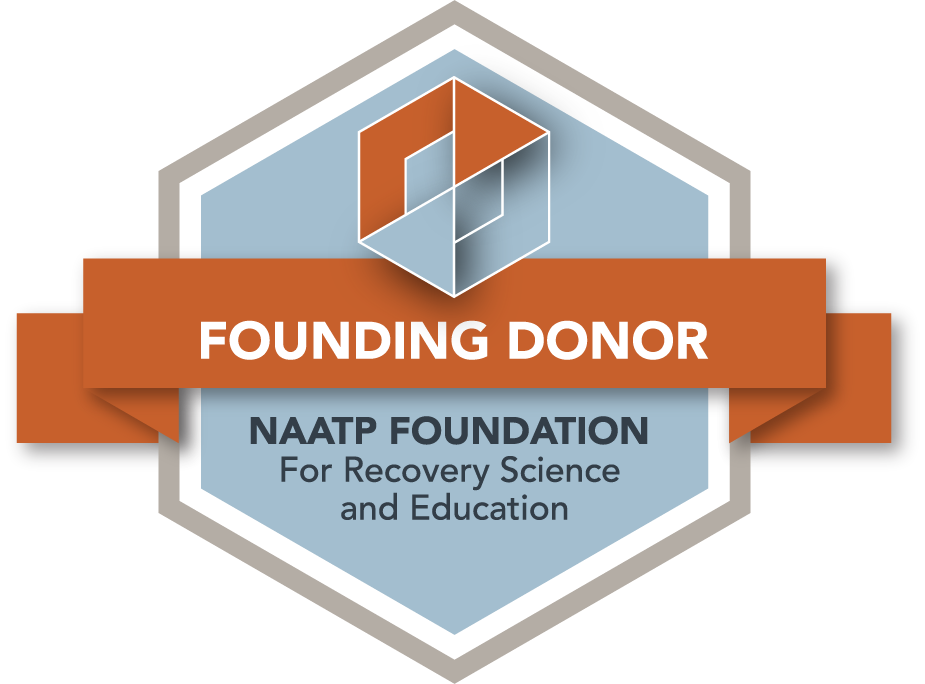| Detoxification, the process of ridding the body of toxins, is a vital initial step for those entering substance abuse rehabilitation. While some believe that leaving addiction behind is as simple as ‘going cold-turkey,’ once a person’s body reaches the stage of chemical dependency which includes a physical addiction to alcohol or a drug, a medically supervised detoxification is often necessary. The withdrawal symptoms of detox can make the process extremely uncomfortable, even dangerous. However, the sooner one takes this first step toward recovery, the longer one may have to enjoy a happy and sober life.
Process
In most treatment centers, the average rehabilitation process reads along the lines of “commitment, assessment, detox, rehab and counseling.” In short, after a client opts to take the leap of faith and makes a commitment to change, the treatment center’s staff takes a variety of assessments, evaluating the client’s health, addiction, and an assortment of other factors. Treatment facilities use the results of these assessments to create a customized plan for detoxification and rehabilitation. Different treatment centers use varying treatment methods, including, but not limited to, gradually diminishing the amount of drug input into the user’s system or making patients more comfortable by administering medication to suppress uncomfortable or dangerous withdrawal symptoms. The overall duration of the detoxification process is dependent on the drug, degree of usage, and the user.
Risks
Rehabilitation centers cannot guarantee that the detox process will be entirely painless and many patients will experience withdrawal. Withdrawal symptoms are termed either acute (short-term and primarily physical symptoms) and post-acute (long-term and primarily emotional and psychological symptoms that can last up to two years). The severity of these symptoms varies with the extent of a user’s drug use and their drug of choice:
-
- Sedative/Hypnotics—This category includes ‘downer’ substances like alcohol, barbiturates, and benzodiazepines. Minor symptoms often experienced by depressant users in detox include restlessness, anxiety, sweating, and disruption of sleep patterns. Hallucinations, tremors, and seizures, alongside elevated blood pressure, heart rate and body temperature, encompass more serious symptoms. If an increased heart rate and fever are accompanied by confusion in alcohol detox patients, they may be experiencing delirium tremens (DTs), which can result in death if not appropriately treated.
- Stimulants—The stimulant or ‘upper’ category includes, among other drugs, cocaine and methamphetamine. Detox withdrawal symptoms experienced by stimulant users can include depression, fatigue, anxiety and strong cravings. Emotional and psychological disturbances such as paranoia, acute psychosis, or even thoughts of or attempts to commit suicide may also be experienced.
- Opiates—The majority of opiates are either derived from poppy seeds or created to match its effects; morphine, codeine, heroin, Vicodin, and Oxycontin are examples of opiate substances. Withdrawal symptoms of these substances can range from minor to very severe. Some symptoms associated with opiate withdrawals include, runny nose, sweating, yawning, anxiety drug craving sleeplessness, depression, dilated pupils, rapid pulse, rapid breathing, high blood pressure, abdominal cramps, tremors, bone and muscle pain, vomiting, and diarrhea.
Another common side-effect experienced from detox is a rash or a surge of acne. This is due to the liver releasing built up toxins that are common with drug or alcohol use. The body simply uses the skin, the body’s largest organ to eliminate toxins through the pores. A rash or acne from detoxification is generally not a cause for worry, but a sign that your body is trying to heal itself. Always address any concerns, however, with your medical doctor.
When looking for the best residential drug or alcohol rehab center in Texas, search for centers with the advantage of a closely supervised detox unit. During detox, the drive to return to alcohol or drug use is a powerful force. A treatment facility with a 24-hour on-site medical and therapeutic support team can help those in recovery ‘see through’ their difficult moments. At La Hacienda, every patient is seen every day by one of our four full-time Board Certified MDs and one full-time Psychiatrist. All of our medical doctors work and office in the medical detox unit.
Different Types of Detox
The type of detox chosen for a patient varies with the user’s drug of choice. While detox programs for depressants may either lessen doses of the drug given over time or prescribe a medication to stabilize nerve cells, programs for stimulants typically include the creation of an emotional support program for the patient or the prescription of drugs to treat various emotional responses—such as paranoid psychosis or depression—resulting from the drug’s withdrawal. In the treatment of opiates, doctors can give an artificial opiate that helps the patient cope with their cravings (for example, methadone and buprenorphine). Pregnant women, however, cannot safely withdraw opiates from their system; if the drug is completely withdrawn from their system, the body may be induced to abort the fetus or birth the child prematurely. Thus, in these cases, the drug of choice is replaced with a less toxic one, such as methadone.
Treatments administered vary, as do styles of treatment programs. There are outpatient programs where those undergoing detoxification are monitored through series of regular appointments; there are inpatient programs conducted in a hospital-like setting; and, finally, there are residential treatment programs that provide for total immersion in a recovery-oriented environment. La Hacienda functions as the latter of the three providing a special care unit, individual therapy, daily 12-Step AA meetings, total wellness counseling, activities and fellowship, and long-term recovery planning and follow-up care.
Detox at La Hacienda
At La Hacienda, patients take a series of assessments prior to beginning the detoxification process, including each of the following:
- Complete History and Physical Assessment
- Biological/Psychological/Social Assessment
- Family Assessment
- Nursing Assessment
- Dietary Assessment
- Psychological Testing as Indicated
- Recreational Assessment
- Substance Abuse Subtle Screening Inventory
La Hacienda recognizes that each individual’s case is unique and requires specialized care. We work to provide not only a safe environment for those stepping onto the road to recovery but strive to exemplify a commitment to the individual which we believe to be the key to a successful recovery process. Whether you are contemplating detox from alcohol, drugs, opiates, meth, painkillers, or other prescription drugs, our team of licensed doctors and medical staff can help you manage your physical symptoms of withdrawal as you make the first step toward a healthy new life.
To reach out to us for yourself or a loved one, contact us:
Contact La Hacienda Treatment Center
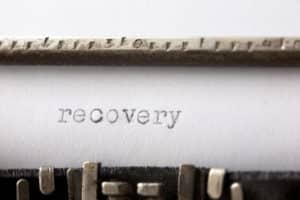
|
